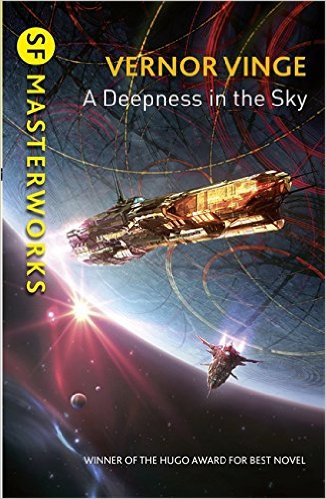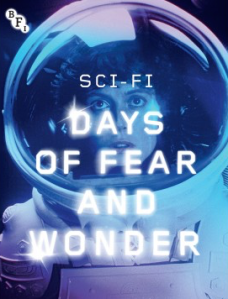So it’s been, uh, a while since I posted here. But there’s been a global pandemic and a few other things. I hope to start updating this site a bit more regularly (and, indeed, to redesign it so it looks a little less 2012-ish and rather more accessible.) But for the moment, wanted to note that I’ll be at Readercon in Boston this weekend. Very much looking forward to it, not least as it’s the first in-person Readercon since the pandemic. And I’ll be doing a few panels, as follows:
—-
Thurs 13th, 8.00pm, Salon A
Not another Space Jesus! The Self-Sacrifice Trope in SFF
Graham Sleight (moderator), N S Dolkart, Catt Kingsgrave, Yves Meynard
Science fiction and fantasy are riddled with characters sacrificing themselves for the good of the many, be they the main protagonists whose self-sacrificial plans may or may not pan out, or some helpful side character who swoops in at the last minute to Save Us All with an act of suicidal bravery. Why is this trope so popular and what do we get out of it? Is a blood sacrifice really needed to redeem our fantasy worlds? Redeem them of what?
—
Friday 14th, 1.00pm, Salon B
The Encyclopedia of Science Fiction, 4th Edition
John Clute, Graham Sleight
The fourth edition of the Encyclopedia of Science Fiction was announced in October 2021 when it moved to a server of its own. John Clute, one of its Editors, and Graham Sleight, Managing Editor, will discuss the new edition, the joys and challenges of maintaining and updating this massive document, and ways to help.
——
Friday 14th, 3.00pm Salon 3
Everything you know is wrong!
Karen Heuler, Charlie Jane Anders, James Patrick Kelly, Erin Roberts, Graham Sleight (moderator)
Infodumps are good. Cliches communicate better than Proustian prose does. A new writer is best off not knowing the history of science fiction. Join our panelists as they discredit as many nuggets of received wisdom about how prose works as they can fit in 50 minutes.
——
Friday 14th, 4.00pm, Salon B
The Pyrite Age of Science Fiction
Josh Glenn (moderator), Jeff Hecht, Robert Kilheffer, Graham Sleight, Gary K Wolfe
The ‘golden age of science fiction’ is arguably the genre’s lowest point: far less culturally relevant than in the days of Bellamy or Wells, extremely exclusionary in its time, economically and critically less successful than later science fiction. What earned it the gold medal title of eras? How are such post-hoc epithets awarded, and are they up for revision?
—-
Sunday 16th, 12 noon, Salon B
Celebrating Speller’s editorial impact on SFF
Graham Sleight, Romie Stott
As an editor for multiple presses, a prolific critic, and a passionate advocate for the field, Maureen Kincaid Speller was instrumental in promoting and sustaining the speculative fiction scene in the UK and beyond. From her reviews and essays to her convention committee work, she amplified the voices of emerging SF/F authors and encouraged critical discourse. In this panel, we’ll explore Speller’s influence on the field and discuss the ways her efforts have shaped the world of science fiction and fantasy.
—–
And that’s it! Hope to see at least some of you there.

 Firstly, I received this week a finished copy of the new SF Masterworks edition of Vernor Vinge’s
Firstly, I received this week a finished copy of the new SF Masterworks edition of Vernor Vinge’s 
